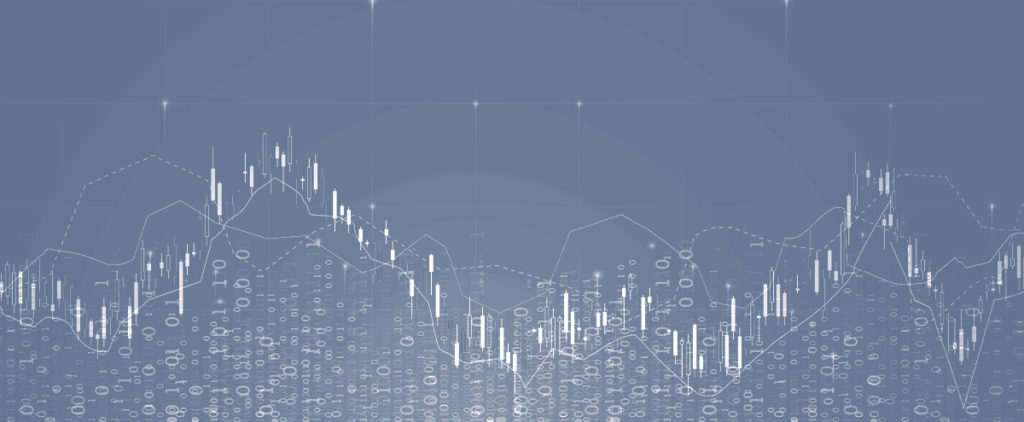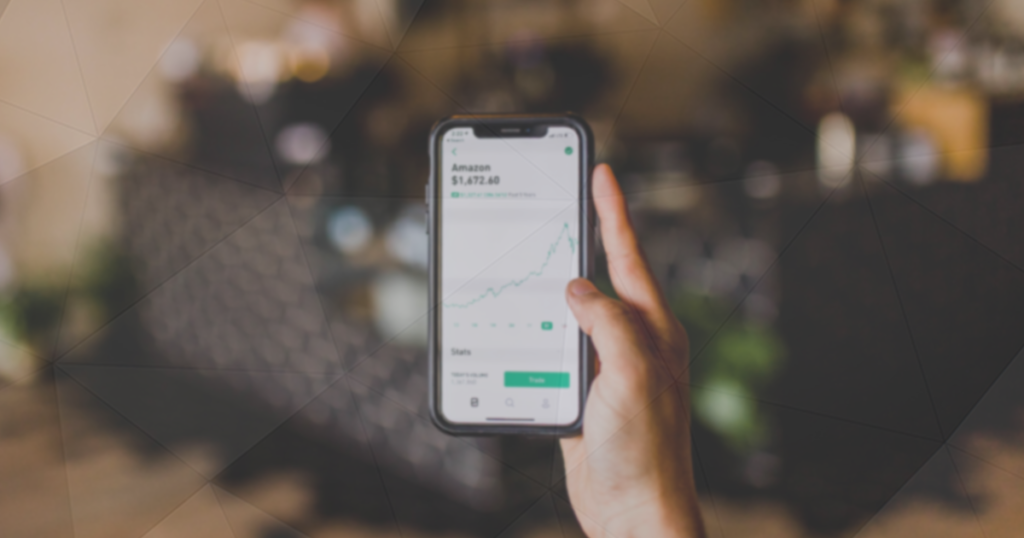Forex vs Stocks: Which Is Better For Day Trading?

You have finally decided that you want to take a stab on day trading, but with so many asset options available on the market – how do you decide which is better?
With stocks you can trade Tesla, Apple, Google or Amazon – which I’m sure you will agree with me that it sounds pretty exciting. But did you know that the Forex market is a considerably much bigger market than that of the stock market?
Let’s waste no time and start looking into the two markets, followed by the three key factors of consideration relating to day trading.
Forex Market
The foreign exchange market (Forex) has been one of the most popular markets for traders around the globe over the last few decades with over $5 trillion being traded daily in early 2019 according to Nasdaq.
Forex trading allows traders to actively take advantage of the fluctuation experienced by Fiat Currencies by buying them when their price drops and selling them when it increases. The profit made is the difference between the two price points.
These markets are the largest in terms of liquidity due to their daily trading volume. While forex was difficult to access in the early days of macro trading, now online forex brokers cater to traders of all sizes, and many accounts can be opened with as little as $50.
In addition, the trading fees for day trading forex are generally low, and many brokers don’t charge anything on margin balances if the positions aren’t held overnight.
Stock Market
Stock markets allow traders to own a piece of a ownership of the company, and since they are also partial owners of the company, they are entitled to its dividends payout (if any) in proportion to the amount of shareholding the traders own.
For most stock traders, these are not important. In part the goal is to speculate their share price movement. Company fundamentals, dividend declaration announcement, and whatever news events relating to the business operations only matter to the extent of how traders could make a profit out of the price swings.
In most cases the costs associated with trading stocks make them more expensive than forex for day traders, although many online brokers now allow their clients to trade derivatives (CFDs) are tied to the stocks in major companies.
Related Article: How do Dividends Affect Trading Position?
#1. Accessibility
‘The advent of the internet and globalisation transformed the financial landscape forever,’ according to Jack Goldman, from ForexToStocks.
These changes have helped stock markets to be more accessible, and led to the rise of electronic trading platforms that have much lower fees than a traditional stock brokerage.
One of the biggest problems for choosing stock as opposed to Forex is that many markets simply aren’t open to international players. The requirements to enter the US stock market are much higher than most forex brokers, which are typically located offshore and do not have to comply to major regulatory bodies like the SEC or FCA from UK.
Additionally, with Forex you are not trading on a centralised exchange where all buyers and sellers meet in a single marketplace for transactions, depending on whichever exchange the stock is listed. Instead, you trade on the broker’s exchange with the broker being the market maker alongside other traders, which is also known as the over-the-counter (OTC) market.
Related Reading:
Free Understanding Brokers Course
How Do Forex Brokers Make Their Money?
Secret Practices to Watch out for with Your Broker
#2. Trading Hours
When trading stocks, traders will need to choose between one of the different markets available around the world, such as Nasdaq, New York Stock Exchange, Japan Exchange Group, – depending on where the stocks are listed.
As forex markets are not dependent on a specific location and there is a constant demand for foreign currencies, the markets remain open 24/5 a week and aren’t limited to a specific nation’s time zone.
This is very useful for day traders as it doesn’t require them to be available at a specific time and also allows them to expand their operations to different time frames, creating more trading opportunities.
Related Reading:
#3. Trading Volume
The segmentation resulting from a lack of a single stock market means that it is hard to talk about general trading volume. However, the average daily trading value for Nasdaq as of October 29, 2020 was $207 Billion.
When compared to the $6.6 trillion in daily trading volume seen by the forex market by September of 2019 according to the Bank for International Settlements’ Triennial Central Bank Survey, it is easy to see the difference in importance between both markets.
This higher trading volume seen in the forex market results in easier and more secure trading for forex traders, as it ensures a constant supply of currencies as well as lower price slippage when trading.
Should You Choose Forex or Stocks For Day Trading?
The answer is obvious, you should pick Forex because it is a lot more advantageous for a short-term oriented day trader looking to speculate price movement.
With Forex trading, you don’t have to worry about high commission fees, inaccessibility due to country regulation, inflexible trading hours, and generally lower trading volume and liquidity.
Ultimately, the choice is yours. Let me know what you think below!
Guest Author: Bowen Khong
Bio: Bowen Khong is a stock analyst at DrWealth, a financial education company that helps retail investors make objective and well-informed investment decisions. He enjoys studying the financial market, and following the latest impact & ESG investing development.
Read Next: Futures vs. Forex: Which Should You Trade?






